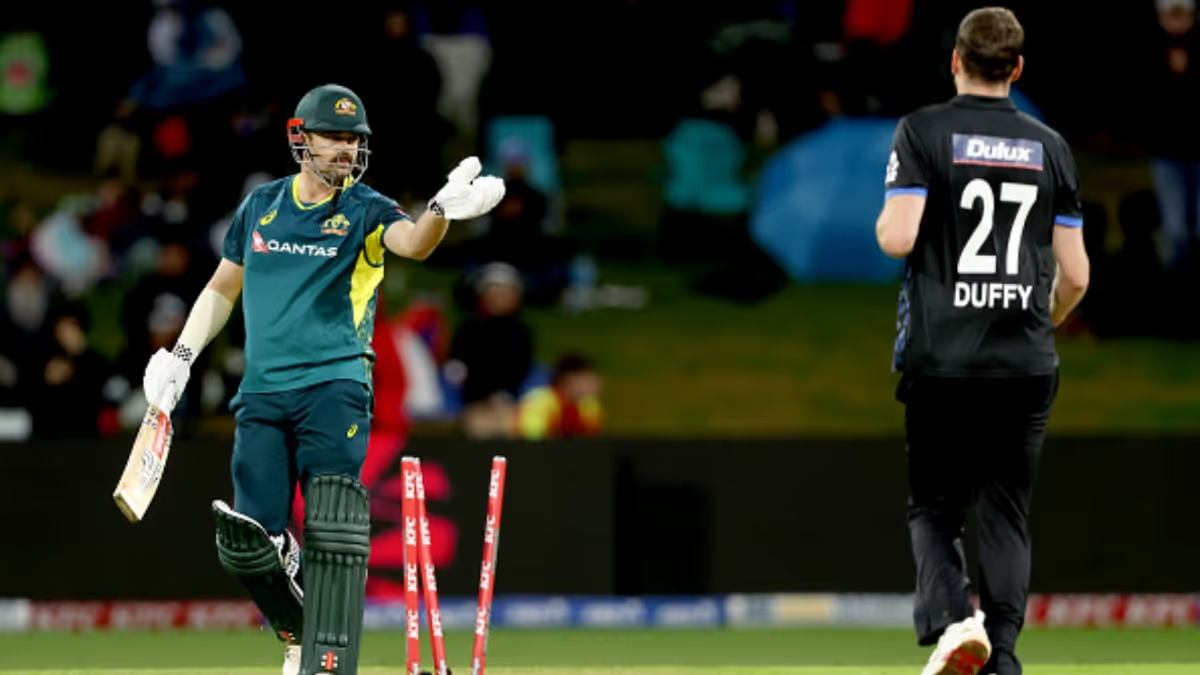Leonard and Hungry Paul is flying the flag for non-cringe sincerity

It’s a mean old world. War, inequality, 35p Freddos – if you’d a gun to your head and were for some reason being forced to characterise the general demeanour of this point in human history, you might, in your panicked scramble for the right words, arrive at something like, “a bit shite, if I’m honest.”
Enter Leonard and Hungry Paul. This show came into the world as Dublin-based civil servant and blues musician Rónán Hession’s debut novel. Despite being published by small independent press Bluemoose Books and lacking the expensive marketing apparatus afforded to books published by larger outfits, a combination of word of mouth and a mention on BBC Radio 2’s Book Club rendered it an enormous commercial success.
That success led to a TV adaptation, and now we have The End of the Fucking World’s Alex Lawther playing Leonard, rising theatre star Laurie Kynaston playing Hungry Paul, Derry Girl Jamie-Lee O’Donnell playing love interest Shelley, and Hession’s words rendered in voiceover by none other than Julia Roberts. Pretty Woman and Erin Brockovich and Notting Hill Julia Roberts. (She had emailed Hession saying how much she loved the book, so when it came to finding someone to do the voiceover he emailed her back and asked if she’d be up for it. She immediately said yes.)
Why this all feels sort of remarkable is that if you tried to summarise Leonard and Hungry Paul, you might end up describing nothing much at all. For example: Leonard and Hungry Paul, who are each other’s only friends and both live in their parents’ houses despite having reached an age where that’s societally not considered completely normal, tentatively engage in the expansion of their respective worlds as Leonard considers asking out a new girl at work. Hungry Paul, on the other hand – whose name is never explained and who works one day a week as a part-time postman – enters a competition run by the Chamber of Commerce to find a new email sign-off.
That’s kind of it. No one gets murdered or has sex or a crisis, and I’m not sure there’s a single incident throughout the entire series of someone even raising their voice, never mind shouting. But it’s the tone of the whole thing – a sort of gently-smiling intelligence – that makes it special. It’s warm and kind and funny, but funny in a mildly-bizarre way that doesn’t require meanness. (Episode one opens by telling us that Leonard “was raised alone by his mother, his father having died tragically in childbirth.”) It features almost exclusively-likeable characters wrestling with how they may or may not want to change their lives, while being nice to each other and generally having people be nice to them.
TV writing 101 – even just basic storytelling 101 – stresses the importance of tension to any interesting narrative. And Leonard and Hungry Paul does have some, but it’s somewhat revolutionary in manifesting that tension not in angry interpersonal strife or even the potential achievement of some lofty life goal, but just in the tussle that might happen in someone’s head between who they are and who they might quite like to be.





